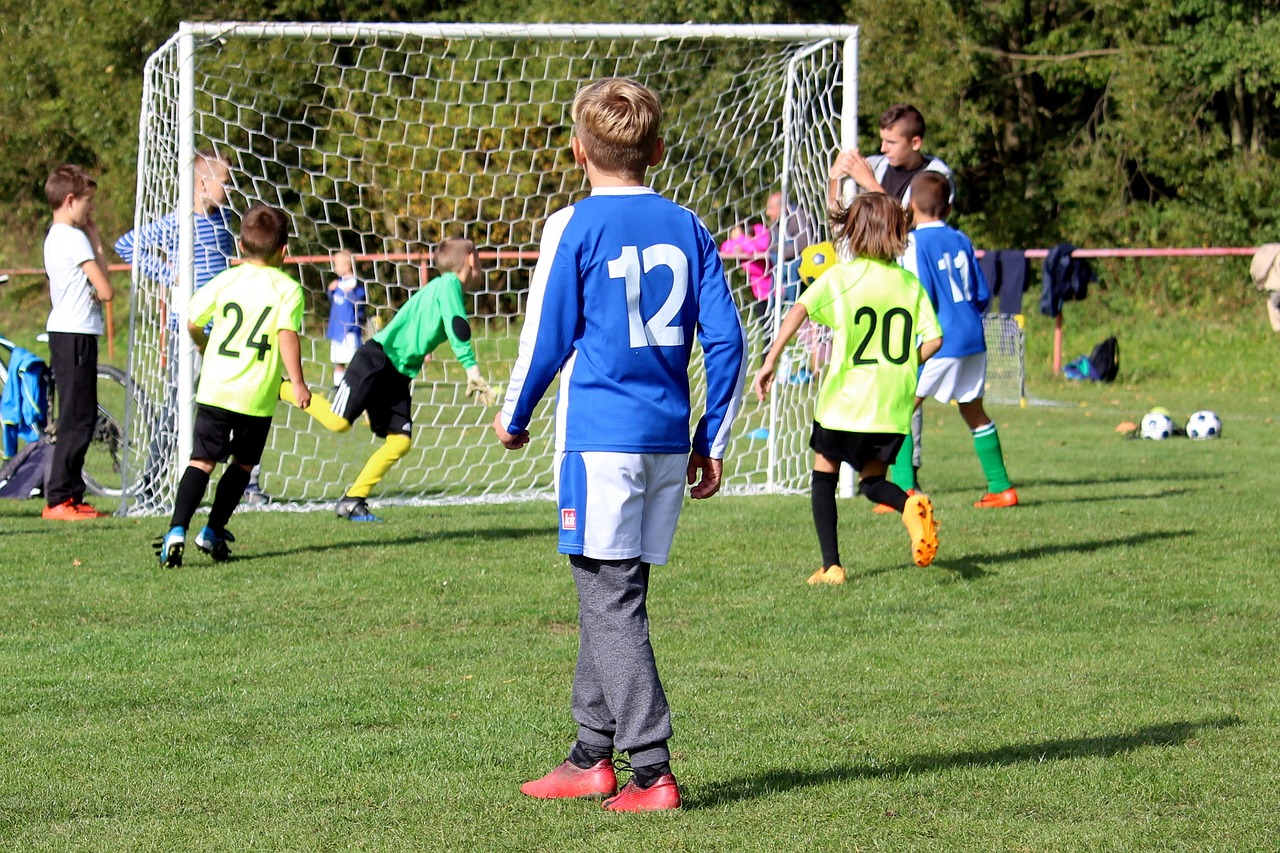Investigating the Link Between Cricket and Social Mobility
Online Cricket ID, Online Cricket ID: Cricket holds a deeply rooted historical significance in England, dating back to the 16th century. Historians suggest that the game evolved from many forms of ball games played in the countryside. Over the centuries, cricket became a symbol of English identity and culture, fostering a sense of national pride and tradition.
During the 18th and 19th centuries, cricket gained immense popularity among the English elite and working class alike. The sport transcended social boundaries and became a unifying force, bringing together people from different backgrounds and professions. The establishment of cricket clubs and leagues further solidified the game’s importance in society, providing a platform for social interactions and community engagement.
The Role of Cricket Clubs in Fostering Social Connections
Cricket clubs have played a vital role in fostering social connections within communities across England for centuries. These clubs serve as more than just a place to play the sport – they act as a central hub for people to come together, bond over a shared passion for cricket, and form lasting friendships. The camaraderie built within these clubs extends beyond the cricket pitch, creating a strong sense of belonging and unity among members.
Additionally, cricket clubs provide a platform for individuals from diverse backgrounds to come together and interact in a positive and supportive environment. People of all ages and walks of life are welcomed into these clubs, breaking down barriers and promoting inclusivity. The shared experience of playing cricket promotes teamwork, communication, and mutual respect, which are essential elements in building strong social connections both on and off the field.
How Participation in Cricket Can Enhance Communication Skills
Participation in cricket is not just about mastering the game but also about developing essential communication skills. When playing cricket, individuals are required to communicate effectively with their teammates to coordinate game strategies and ensure smooth gameplay. This constant need for clear and concise communication on the field can translate into better communication abilities off the field as well.
Moreover, being a part of a cricket team involves interacting with individuals from diverse backgrounds and personalities. This exposure to different communication styles and cultural nuances can help players become more adaptable and empathetic communicators. By engaging in conversations with teammates, coaches, and opponents, individuals can learn to listen actively, express their thoughts articulately, and collaborate efficiently – attributes that are valuable in various social and professional settings.







